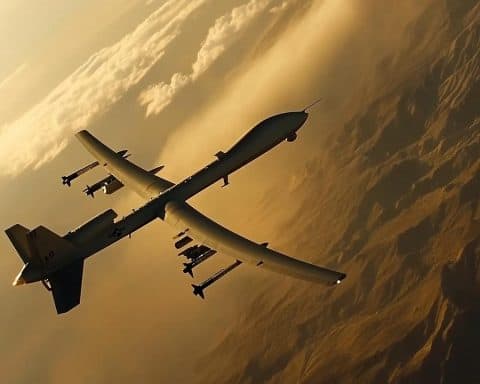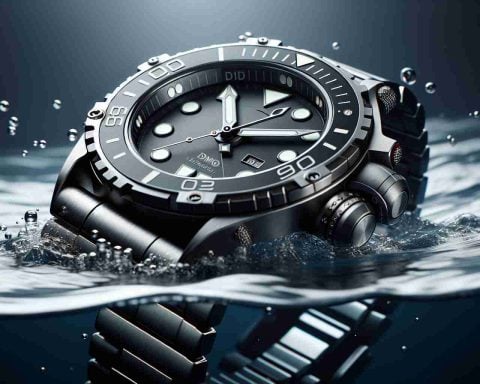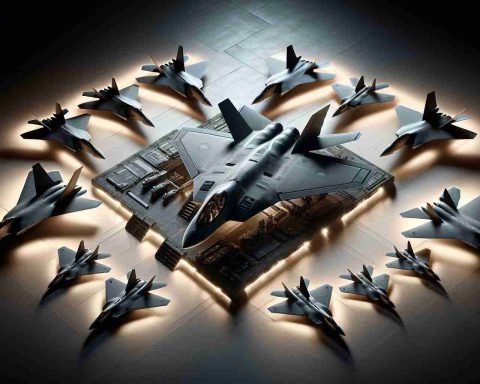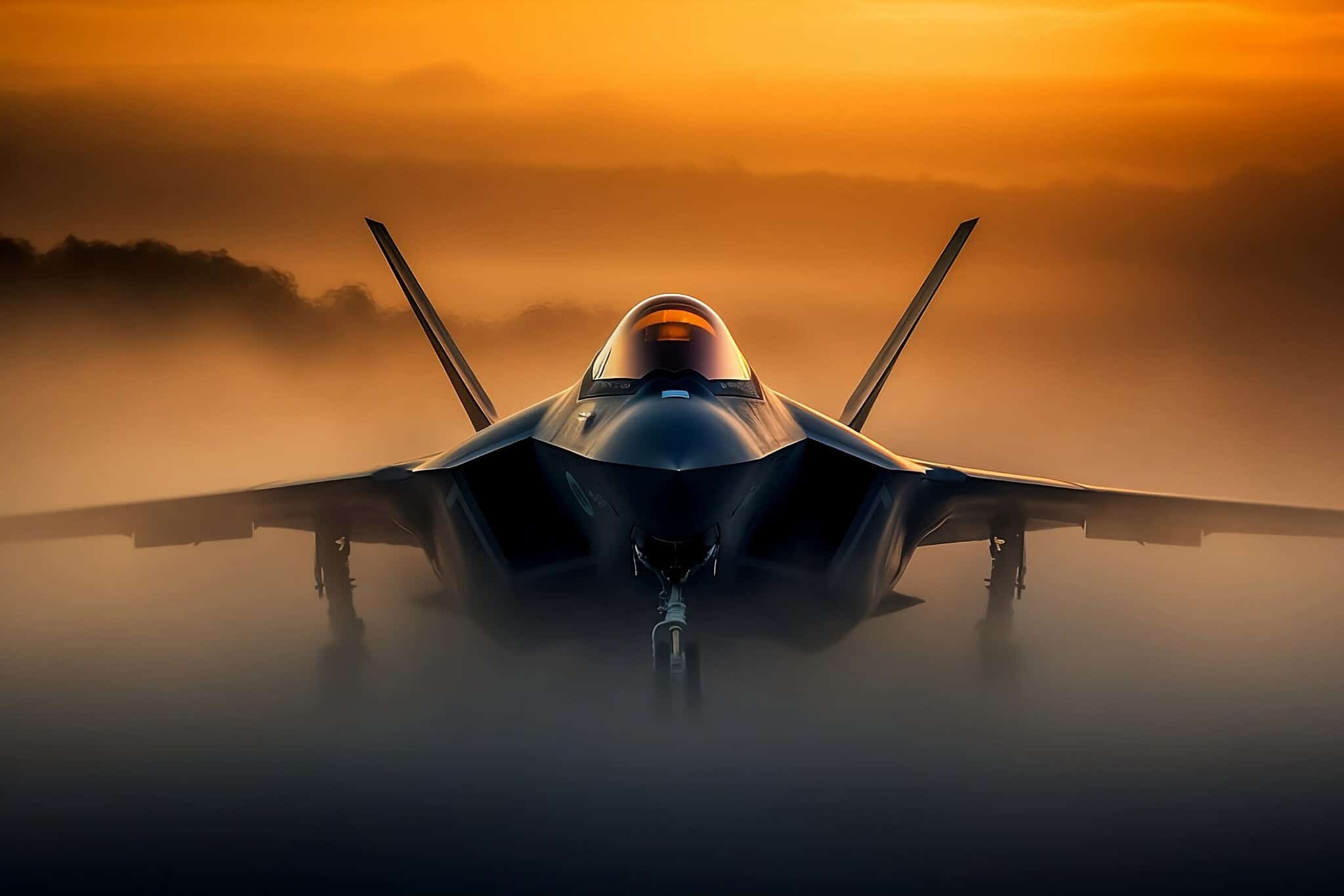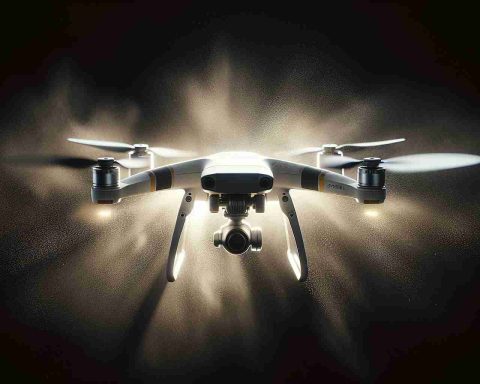The United Kingdom’s Ministry of Defence has spotlighted the Spear 3 as the future of precision weaponry. Recently tested at Sweden’s expansive Robotförsöksplats Norrland test range, this mini-cruise missile offers enhanced capabilities that could redefine air combat effectiveness.
A Shift in Air Combat Dynamics
Launched from a Eurofighter Typhoon, the Spear 3 has already proven its mettle by hitting a decommissioned tank target with precision. Thanks to its longer range — reportedly over 140 km as per MBDA, its manufacturer — this weapon allows fighter jets to strike ground targets from a safer distance.
Innovation in Compact Design
Spear 3 introduces a clever use of compact dimensions and foldable wings, allowing multiple missiles to fit within the internal bays of an F-35B. Designed to remain stealthy, the fighter can carry up to eight Spear 3 missiles without compromising its low radar signature.
The Adaptive Arsenal
Spear 3’s adaptability doesn’t end with high-speed navigation. It employs advanced GPS and inertial navigation systems, further supported by terminal guidance to autonomously track and target objectives. The missile can also be reassigned in real-time, allowing it to adapt to changing battlefield scenarios.
Complementing Future Operations
As its operational debut approaches, Spear 3 is seen as a crucial component in modernising the UK’s tactical prowess. Alongside its electronic warfare variant, Spear-EW, this missile system offers versatile engagement options, from neutralising ships and tanks to disabling air defence systems. With strategic cooperation between the two missile types, they offer coordinated attacks to overwhelm opposing forces.
As the UK ramps up production, the Spear 3 could soon redefine air-to-ground warfare, offering a strategic edge to frontline operators.
The Spear 3 Missile: A Game Changer or a Pandora’s Box for Modern Warfare?
The United Kingdom’s Ministry of Defence has unveiled the Spear 3 missile, positioning it as a revolutionary force in precision weaponry. This technological marvel may not only influence air combat but also set a precedent for future military innovations. What lies beneath its compact design, and how might it impact humanity and the development of new technologies?
Unlocking New Potentials: The Technological Leap
The Spear 3’s ability to be deployed from the stealthy F-35B without compromising its low radar signature marks a significant advancement in military technology. The integration of foldable wings and advanced navigation systems showcases a forward-thinking approach in weapon design, potentially influencing the development of future technologies beyond military applications, such as satellite systems and autonomous navigation technology in other industries.
Interesting Facts and the Science Behind
The incorporation of real-time reassignment capabilities within the Spear 3 system enables unprecedented flexibility in dynamic battlefield environments. This adaptability could inspire advancements in artificial intelligence-driven decision-making systems, paving the way for AI to make real-time decisions in complex scenarios, thus enhancing human-machine collaboration.
A fascinating yet controversial capability of the Spear 3 is its use of electronic warfare technology, a feature that allows it to disrupt enemy communications and radar systems. This adds a layer of strategic depth but also raises ethical questions about the fine line between defence and offensive dominance.
Weighing the Advantages and Disadvantages
Advantages:
– Extended Range and Precision: Spear 3 provides tactical advantages with its ability to strike from a safe distance, reducing risk to pilots.
– Stealth and Flexibility: Its stealth capability and compactness allow it to be deployed with minimal detectability.
– Real-Time Adaptation: Enhances decision-making on the battlefield, ensuring operational effectiveness even in complex scenarios.
Disadvantages:
– Escalation of Arms Race: Advanced weaponry could lead to an escalation and proliferation of similar technologies, pushing competing nations to develop countermeasures.
– Ethical Concerns: The use of autonomous systems in decision-making for warfare brings about moral and ethical dilemmas.
Future Perspectives: Questions and Insights
What does the Spear 3 mean for the drone industry? Can the innovations in missile technology translate to advancements in UAV (unmanned aerial vehicle) systems, making them more efficient and adaptable? The potential is significant, with industries keenly observing military innovations for crossover applications.
What about cybersecurity? As weapons systems become more technologically advanced, the risk of cyber threats looms. The development of advanced cyber defence mechanisms will likely see a corresponding increase to safeguard these weapons from hacking or fraudulent use.
Final Thoughts
Ultimately, the Spear 3 missile represents a leap forward in precision weaponry, heralding a new era of technological innovation and military strategy. As humanity balances on the precipice of technological advancement and ethical responsibility, the potential benefits and dangers of such developments promise to reshape our world in numerous ways.
For more insights into advanced military technology and defence innovations, visit the UK’s Ministry of Defence official site at Ministry of Defence.







